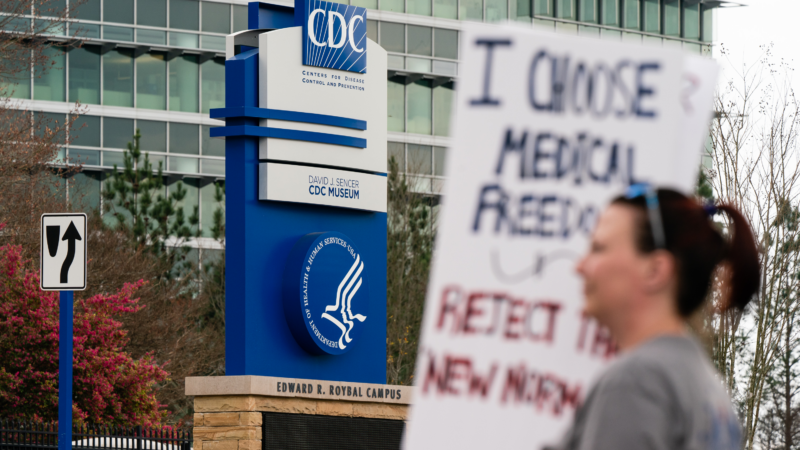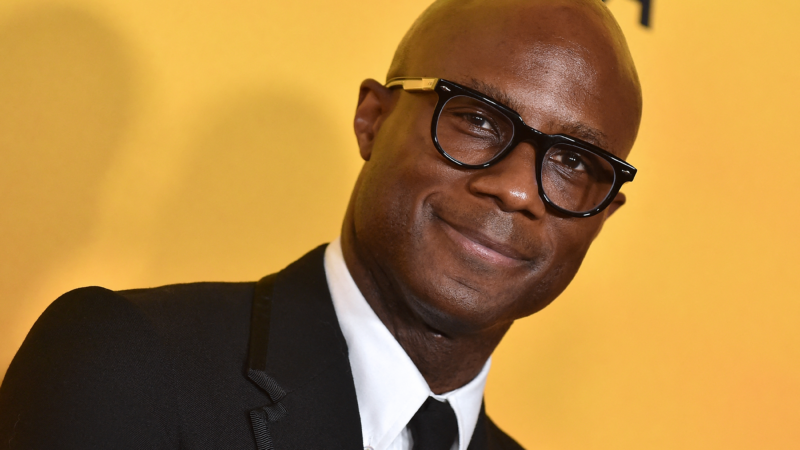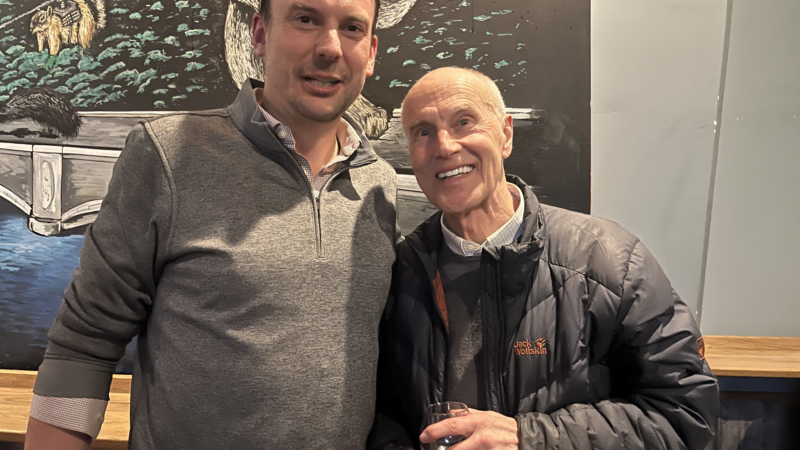How the CDC could change under the next Trump administration
In its 78-year history, the Centers for Disease Control and Prevention has evolved from its origins tackling malaria to an agency that aims to safeguard almost every aspect of Americans’ health.
But the CDC’s sprawling mission could be in for some big changes in the new Trump administration. House Republicans have called for cuts to the CDC’s budget, and former Trump administration officials have suggested restructuring the agency in ways that would diminish its reach and influence.
Some of the agency’s responses to the COVID-19 pandemic, including shifting recommendations on masks, unpopular travel restrictions and controversies over guidance to schools sparked criticism and a backlash.
In the midst of the pandemic, there was a wide gap in trust in the CDC by party affiliation. Only 27% of Republicans had a “great deal” or “quite a lot” of trust in CDC compared with 76% of Democrats, according to a poll conducted in early 2021 by NPR, the Harvard T.H. Chan School of Public Health and the Robert Wood Johnson Foundation.
One response: For the first time, the president’s pick for CDC director will require Senate confirmation. Republican lawmakers had pushed for the change, which became law in 2023.
President-elect Donald Trump didn’t say much about CDC on the campaign trail. But those advising him — such as noted vaccine skeptic Robert F Kennedy Jr. — have long pushed for a shift in how the nation approaches vaccines, science and public health. The Trump transition team has yet to announce a pick for CDC director.
Wide latitude for change
As it is, “there is a lot of leeway an administration has – they don’t need support from Congress to change how things are organized, to change the emphasis,” says Jennifer Kates, a senior vice president at the nonprofit research group KFF.
The CDC leadership will have broad influence over core functions of the agency, such as setting the nation’s vaccine guidance and deciding what data the agency collects, and if and how it is shared. “There’s a lot of discretion that the new administration is going to have to decide what role it wants CDC to play,” Kates says.
The CDC recommends policies that state and local authorities decide whether to adopt. Much of the agency’s influence relies on its reputation, which took a hit during the COVID pandemic. CDC made early mistakes with testing, and issued guidance that many people were either confused by or disagreed with.
In the last Trump administration, there was an added layer of political meddling, says Dr. Georges Benjamin, executive director of the American Public Health Association: “You saw things such as [political advisers] going on their website and changing things without anyone’s permission, and trying to mess around with the MMWR,” a scientific publication from CDC.
CDC employees also censored themselves, on topics like climate change that they didn’t think the Trump administration would support, Benjamin says. “I think the real challenge is whether or not the administration is going to play it straight and allow the agency to do its work without political interference,” he says.
Budget cuts at CDC would strain local health departments
House Republicans have been pushing to cut the CDC’s budget and eliminate some programs.
The effects would be felt by state and local authorities and community groups, which receive about 70% of the CDC’s funds, according to APHA. “When they cut those dollars at the federal level, they’re cutting the funding for local communities,” Benjamin says, “Local elected officials and their legislative sessions, they’re going to have to make up the difference or let people go.”
Officials from the previous Trump administration have suggested restructuring the CDC, perhaps by splitting it into two parts: one that collects data, and another that makes policy recommendations. Or else narrowing the agency’s scope to only infectious diseases.
Several former CDC directors, including those who served in the prior Trump, Bush, and Reagan administrations, have called proposals to downsize the CDC a “prescription for disaster,” in an op-ed for STAT News. “These recommendations would hollow out the CDC, they would cost lives, cost money.
They would do the opposite of making America healthier,” says Dr. Tom Frieden, CDC director in the Obama administration who now heads the health nonprofit Resolve to Save Lives.
Frieden says the threats that lower life expectancy in the U.S. are “not just infectious disease, but also cancer, environmental risks, injuries and the things that are killing most Americans,” such as heart disease and accidents, including overdoses.
“If some of these changes do come to pass, we will have to rely further on local and state health departments as a bulwark against damaging policies that may be enacted — even as they may have their resources curtailed,” says Dr. David Chokshi, former health commissioner of New York City.
Where did Barry Jenkins feel safe as a kid? Atop a tree
Director Barry Jenkins is best known for films like "Moonlight" and "If Beale Street Could Talk." On Wild Card, he opens up about where he felt the safest as a kid.
Israeli strikes across Gaza kill at least 20, including five children
Israeli strikes across the Gaza Strip overnight and into Sunday killed at least 20 people, including five children, Palestinian medical officials said.
I discovered one way to fight loneliness: The Germans call it a Stammtisch
Modern life can be lonely. Some are looking to an old German tradition – of drinking and conversation – to deepen connection through regular meetups.
This Christmas I’ll be grieving. Here’s how I’ll be finding joy.
Since her husband's death, newscaster Windsor Johnston has been looking for ways to recapture joy and continue her healing journey — one that's taken her to a place she'd never expected.
On tap for the holidays: A blend of multicultural drink traditions and fond memories
For this year's All Things Considered holiday cocktail interview, we visited Providencia in Washington, D.C., a bar that brings its owners' personal stories to life.
College students get emotional about climate change. Some are finding help in class
A recent survey finds that more than half of young people aged 16-25 are highly worried about climate change. Some universities are now trying to help them navigate those emotions in class.





